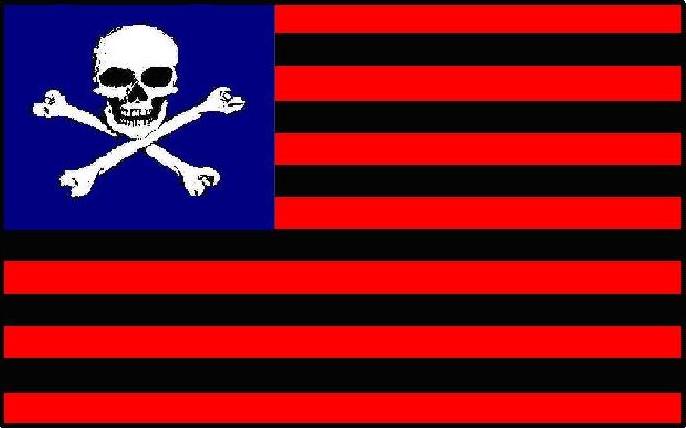TURN IN Part 2 of Quiz!
The Big Questions:
What are the ideological foundations of U.S. foreign policy (in particular in the Middle East)?
What are the criticisms of US foreign policy?
How is rhetoric used to address our foreign policy and our military interventions?
What is your emerging perspective on U.S. foreign policy?
What do we mean by "foreign policy"?
Starter 9.15: What do you already know (or think) about US foreign policy and/or military strategy in the Middle East? You may discuss what you know about the Obama administration's approach or what you have recently learned about Obama's planned military intervention. OR: If you prefer, you can discuss what you know about our foreign policy and/or military interventions in the Middle East in recent history or in a broader sense.
FOUR CORNERS: US Foreign Policy
When I call on you to express your opinion, use logos, pathos, or ethos to defend your position.
Groups: Discuss the ideology in Bush's speech.
You don't have to turn anything in, but you may want to jot down how your group responded to the following questions. Be prepared to share out.
1. What ideology does
this rhetoric seek to transmit?
2. How does he use
the concept of freedom rhetorically?
3. How does he use
the concept of national security rhetorically?
4. What
other ideological concepts does he use effectively in his
speech?
5. How did this
rhetoric impact you as an audience member?
6. What foreign policy does he seem to be proposing/introducing in this speech?
"The Bush Doctrine"
In his book "Decision Points" (Crown Publishers, 2010),
President Bush articulates his discrete concept of the Bush Doctrine. According
to the President, his doctrine consisted of four "prongs," three of
them practical, and one idealistic. They are the following: (In his words)
1.
"Make no
distinction between terrorists and the nations that harbor them--and hold both
to account."
2.
"Take the fight to
the enemy overseas before they can attack us again here at home."
3.
"Confront threats
before they fully materialize."
4.
"Advance liberty
and hope as an alternative to the enemy's ideology of repression and
fear."
Key Points:
Unilateralism
With us or with the terrorists
Discuss:
What are the advantages of this viewpoint?
What good points does the Bush doctrine have?
HOMEWORK
1.
Who was Osama bin Laden?
2. Read and annotate
Osama bin Laden's "Open Letter to America" (November, 2002)
3. Be prepared to analyze his both his rhetoric and his ideology!
4. Optional: Research background on
US foreign policy in the Middle East
Wikipedia articles of note



